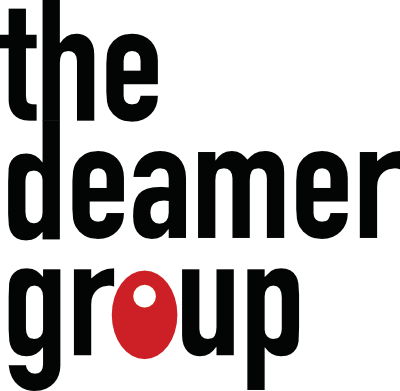Imagine it’s 8 am on a Monday morning. While logging into your operating system you notice that none of your employees have logged on? No supervisors, no support staff. Radio silence. Was there a gas leak? Production is not happening. Have they gone on strike? A chill hits your spine as your thoughts race and you think… Did all my employees quit?
Although this is not a common occurrence for employers it is still a possibility. Especially as we navigate a “new world”. Let’s take the next few moments to explore what The Great Resignation is and if it hits your doorstep how to strategize through it.
Are we imagining things? Why should we be worried?
Is the Great Resignation an exaggeration? According to Forbes.com, “When there’s uncertainty, people tend to stay put, so there are pent-up resignations that didn’t happen over the past year.” This should lead to a mass exodus of workers leaving their companies for greener pastures, offering better opportunities.” So the great departing hasn’t happened yet but there’s always the possibility that it could. Do we stay smug in our resolve about how much people need jobs? Or do we look ahead and gauge how healthy our businesses would be if we aligned with the changing times?
What’s left?
Making adjustments to accommodate the new workforce is definitely a real choice that could be made to attract individuals that believe in longevity. For the Gen Z workforce that could mean maybe two years. But what if a hybrid work model is incorporated and you get a quality two years?
“The willingness to be flexible and accommodating to the changing needs of the workforce has been key to retention efforts,” says Paul McDonald, senior executive director at the recruiting firm, Robert Half. “Child Care assistance, additional maternity or paternity leave, or subsidized tutoring can [also] be a huge differentiator for the employers offering them.” …
When the cost of replacing an employee can amount to twice their annual salary, a one-time bonus could be a critical long-term investment. “The potential for turnover is a major issue causing anxiety for leaders right now,” says McDonald.
Forbes – Employers, Don’t Fear The ‘Great Resignation’ – It’s Already Here
How open are you to change?
The great migration to remote work in the pandemic has also had a profound impact on how people think about when and where they want to work.
“We have changed. Work has changed. The way we think about time and space has changed,” says Tsedal Neeley, a professor at Harvard Business School and author of the book Remote Work Revolution: Succeeding From Anywhere. Workers now crave the flexibility given to them in the pandemic — which had previously been unattainable, she says.
What’s next?
If we are taking the road less traveled, we have the opportunity to remain open to reframing what we considered a hopeless issue into a fresh and new creative space for our businesses. Jan Van der Hoop of Fit First’s clients have said that “they’ve been having great success hiring people from non-traditional backgrounds, but they’re people the business wouldn’t have looked at previously based on their resume.”
Conclusion
This should be a time reflection and revision for the jobseeker as well as the potential employer. Paycheck aside… would you want to work for you? Viability is a 2-way street.

